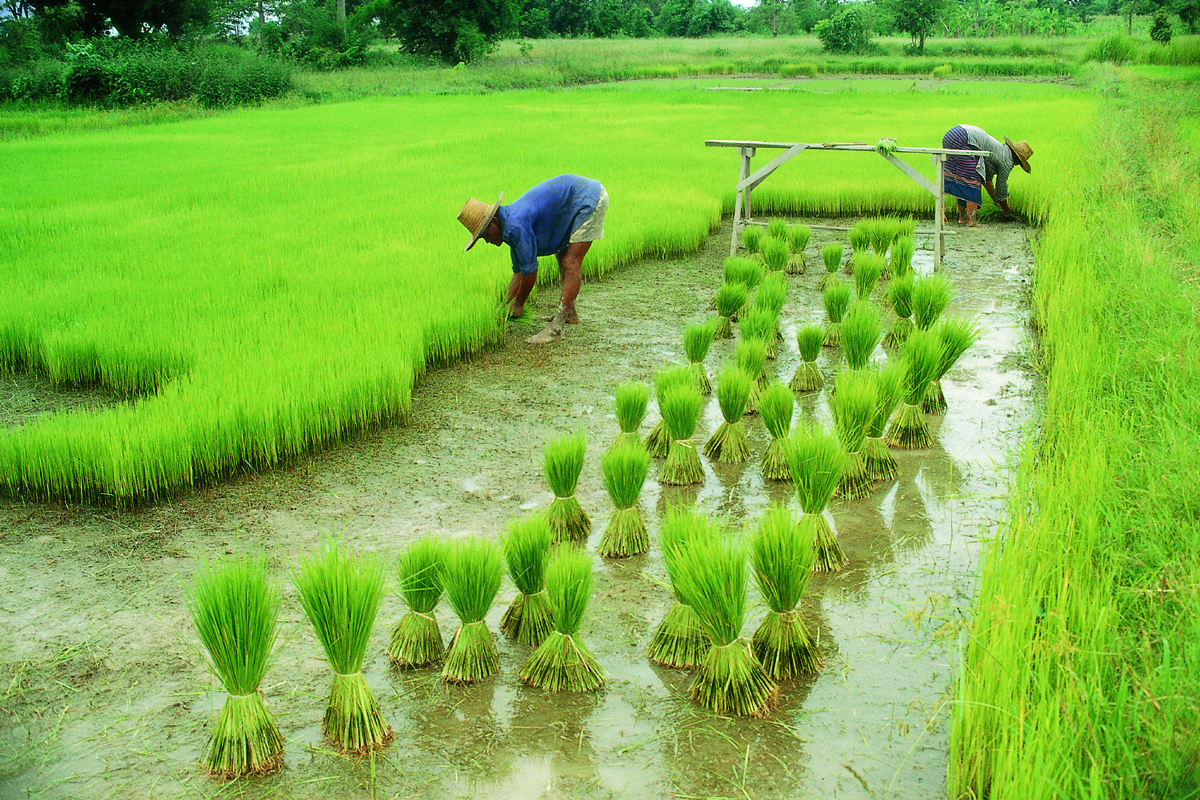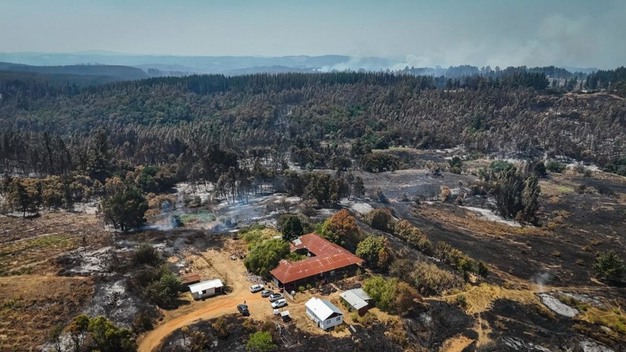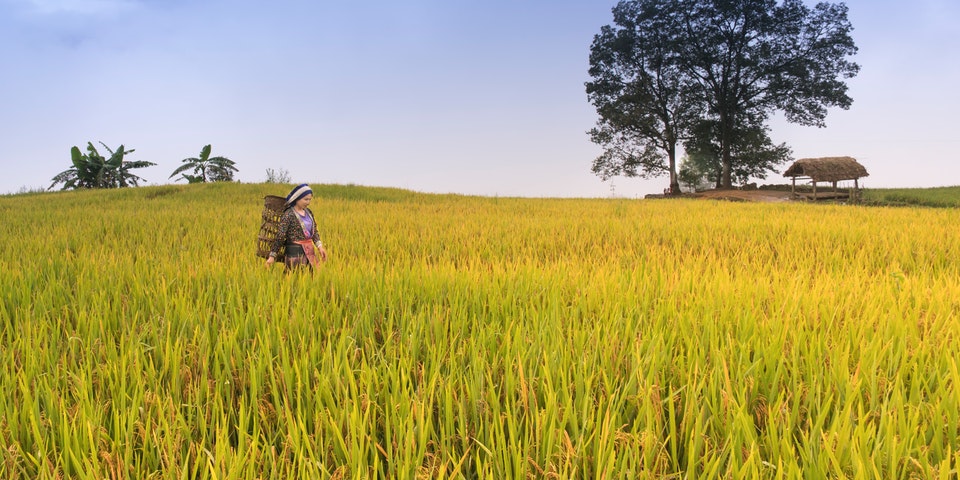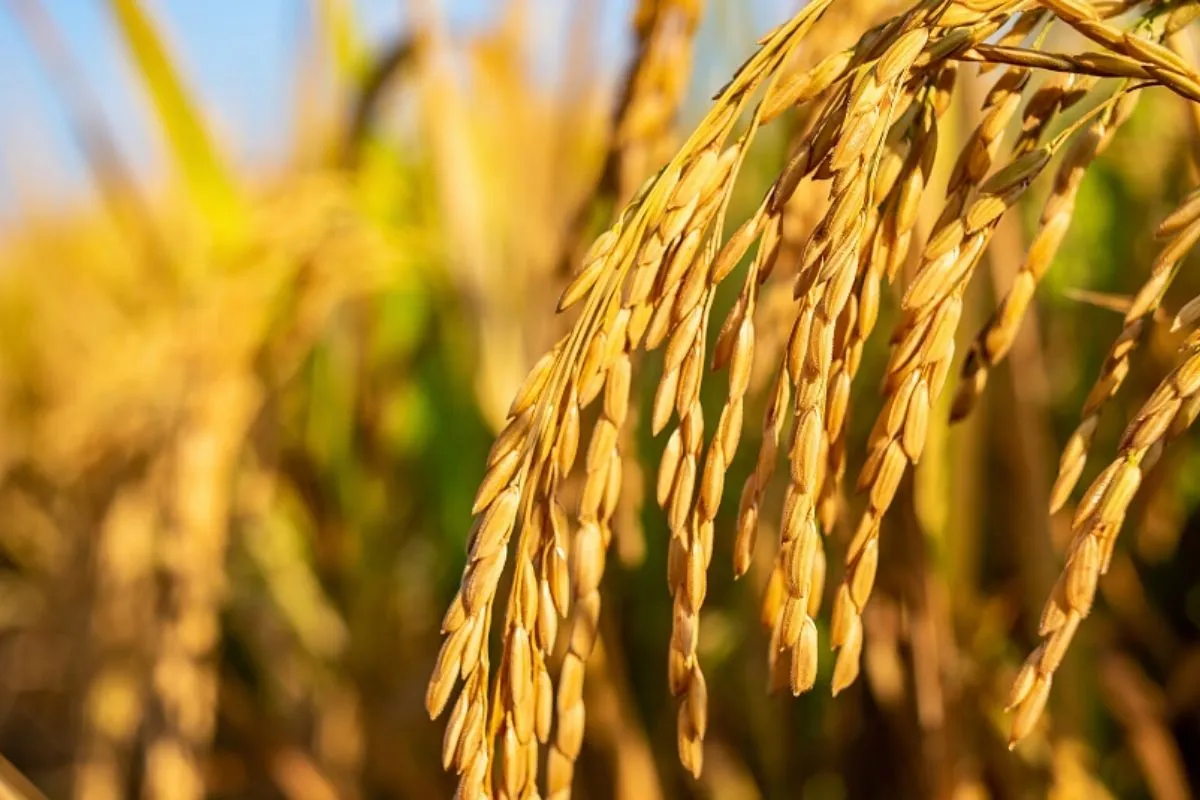Punjab, which accounts for 10.12 per cent of food grains produced in the country, will see a decrease in yield between 13 and one per cent in its major Kharif and Rabi crops by 2050 due to climate change impacts. And by the year 2080, this reduction in yield will almost double for most of these crops, a new study by Punjab Agricultural University has found.
Among the Kharif crops, maize yield was the most responsive to temperature and rainfall. Maize yield would be reduced by 13 per cent, followed by cotton (11 per cent) and rice (about one per cent), according to the study published this month in the Mausam journal of India Meteorological Department (IMD). The yield of wheat and potato would fall by five per cent.
However, the negative impact would accumulate with time, with a significant change in climate. The yield loss will increase to 24 per cent for both maize and cotton crops, from one-two per cent for rice and by around one per cent each for wheat and potato.
Detailed analysis was carried out on the links between climatic variables and the productivity of various crops. The study used rainfall and temperature data from 35 years (between 1986 and 2020) to project the impact of climate change on five major crops — rice, maize, cotton, wheat and potato.
It was found that the rise in temperature was driving most of the changes, rather than the change in rainfall pattern.
One of the interesting findings of the study was that changes in minimum temperature have resulted in changes in mean temperature throughout all growing seasons. This meant that the minimum temperature had shown a rising trend. A rise in minimum temperature was harmful to the yield of rice, maize and cotton.
On the contrary, excess minimum temperature was beneficial for potato and wheat yield.
The results also indicated that crop productivity decreased with an increase in average temperature in most of the crops. “The adverse impact of climate change on agricultural production indicates a food security threat to the farming community,” the report said.
A rise in maximum temperature has a positive and weak impact on yields of paddy and maize, as the estimates were insignificant. However, interestingly, this non-significant effect of the rise in maximum temperature has been weakened through the overuse of groundwater resources. This might be one of the reasons for dwindling groundwater resources.
The study assessed temperature and rainfall data from June to September for predicting yield loss in Kharif crops, i.e., rice, maize and cotton and temperature change from December to February that represents the change in rabi crops — wheat and potato.
In a country like India, where people are already vulnerable to conventional problems like less income, poverty and food insecurity, climatic vulnerability makes their livelihood more susceptible.
The researchers argued that climate-smart packages must be incorporated into the agricultural development agenda at the policy level. These practices can only be implemented by improving farmers’ access to agricultural information.
Another area which requires focus is linking farmers with financial institutions to boost their capacity to adapt climate-smart technologies and practices. “Finally, agromet advisories must be improved so that they are delivered to farmers in a timely manner, allowing them to makedecisions ahead of a calamity,” the study concluded.
Source - https://www.eco-business.com













